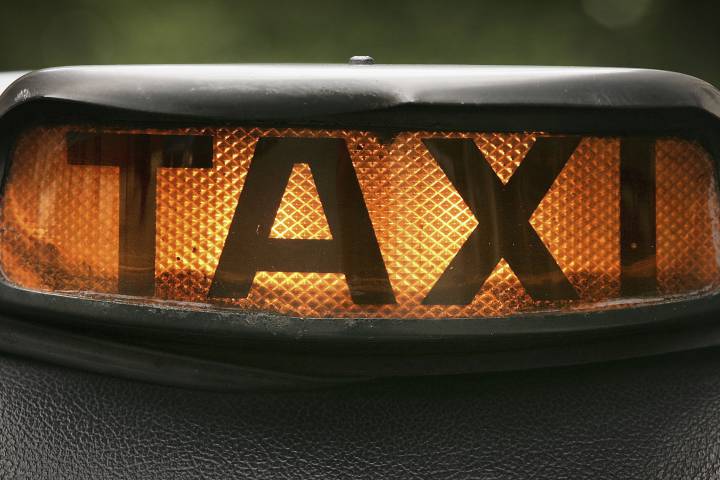Doug Seibel has experienced a lot in his 50 years as a Regina cab driver, but nothing has been like operating during a global pandemic, he says.

“We’ve had other flus you don’t worry about too much, but with all this going on, it’s scary,” he said of his work.
“You’re so confined in the car that you get people coughing, sneezing, everything — they don’t cover their mouths.”
The 71-year-old said he recently had a customer who was coughing so close that he could feel it on his neck. When he asked the patron to cover their mouth, he said they made fun of him.
Seibel, whose age puts him at increased risk for COVID-19, said he is now meticulously wiping down the interior and door handles of his car between every customer.
“I go out there, because the fact is I gotta make money and there’s people who need rides, especially the elderly — to the hospital, the doctor, wherever,” he said.
As of Tuesday, there are 72 COVID-19 cases in Saskatchewan. Some non-essential businesses, including cab services, are still allowed to operate amid other COVID-19 safety measures.
While the provincial governments said it’s taking its lead from medical health officers, the leader of the opposition NDP has called for non-essential work to stop.
Seibel told Global News with the choice to work, he feels he has to continue even if other drivers have stopped working and business is slow.
“I have to pay the company so much per month,” he said. “Most people lease their cars and they still have to pay the company regardless.”
He recalled a day last week where, after fueling up, he said he earned $17.
Seibel said he wants a clear commitment from government to help taxi drivers, not necessarily brokers, along with a plan to accommodate the elderly clients who can’t easily access public transit.
Home cleaning businesses adapting to concerns
Another non-essential industry navigating health and safety measures is residential cleaning.
Wendy Koch, owner and operator of Complete Clean, said residential business has “pretty much come to a stop,” but commercial work has kept them afloat.
“We’ll do new house builds, new construction cleaning and office cleaning,” she said, adding workers wear gloves and masks.
Koch’s business also implemented strict physical distancing policies, in accordance with provincial recommendations, about two weeks ago.

“We are keeping the employees away from other people. So we are working in houses that are empty and when nobody is around,” she said, adding cleaners don’t travel or work closely with each other.
Koch said added some of the company’s 17 Regina employees aren’t working at this time, but are eligible for employment insurance.
Tidy House Cleaning is a small business operating in Saskatoon, Regina and Prince Albert.
The company’s owner told Global News that 95 per cent of customers have paused service amid COVID-19 concerns.
For those still using the service, the requirement is that spaces be unoccupied while the cleaner works.
Of those who returned Global News’ request for comment, Well Being Home Cleaning in Regina was the only service that had ceased operations temporarily over health and safety concerns.
Questions about COVID-19? Here are some things you need to know:
Health officials caution against all international travel. Returning travellers are asked to self-isolate for 14 days in case they develop symptoms and to prevent spreading the virus to others.
Symptoms can include fever, cough and difficulty breathing — very similar to a cold or flu. Some people can develop a more severe illness. People most at risk of this include older adults and people with severe chronic medical conditions like heart, lung or kidney disease. If you develop symptoms, contact public health authorities.
To prevent the virus from spreading, experts recommend frequent handwashing and coughing into your sleeve. They also recommend minimizing contact with others, staying home as much as possible and maintaining a distance of two metres from other people if you go out.
For full COVID-19 coverage from Global News, click here.





Comments